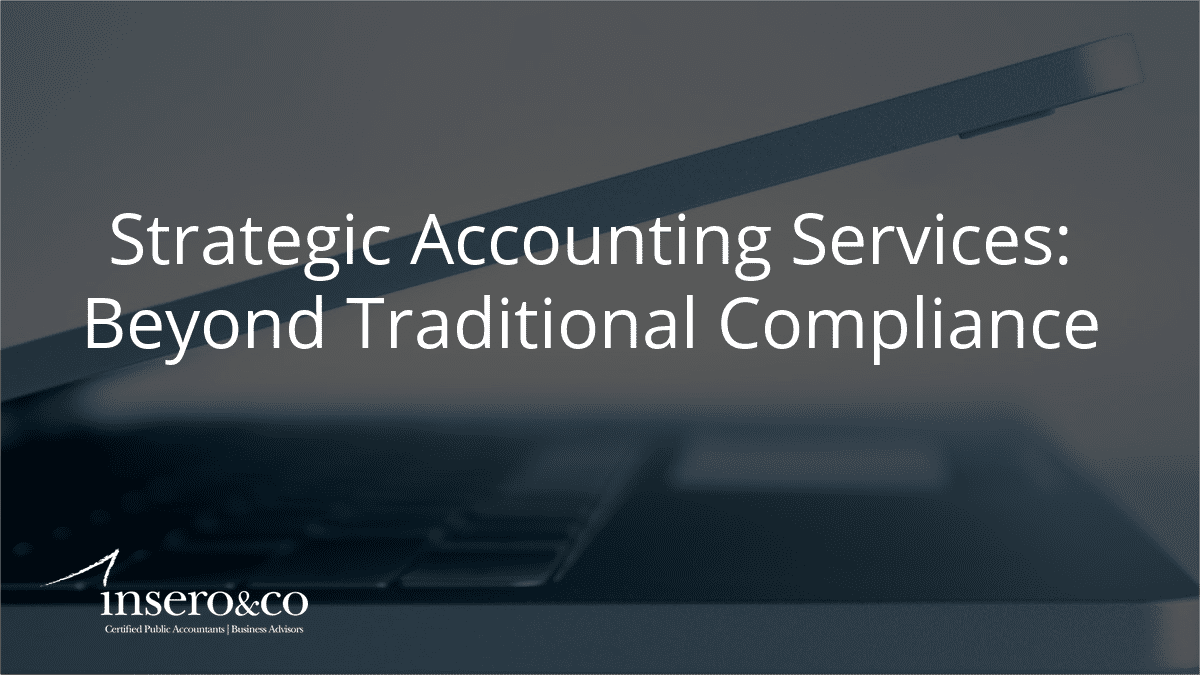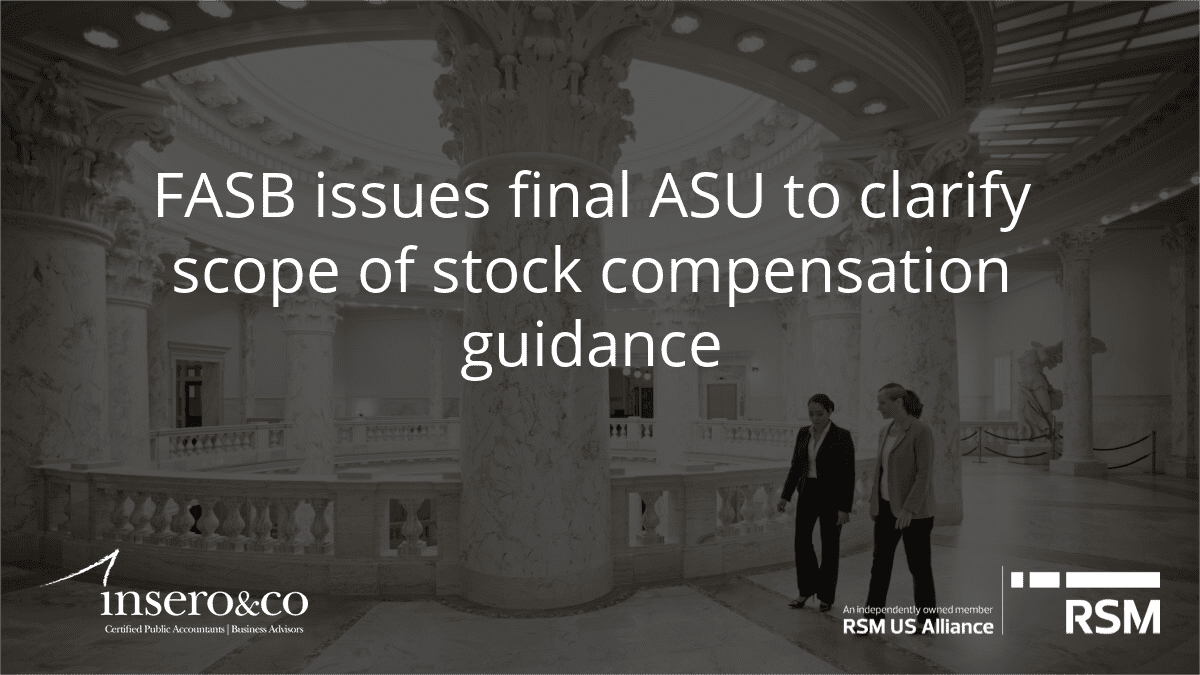Reputation is everything to nonprofit organizations, so managing your reputational risk should be a top priority. While businesses sell products and services, nonprofits largely “sell” themselves and their missions. Donors donate, grantors fund, volunteers serve, and public and private partners work with your organization largely because of your reputation.
As one example of the importance of reputation—and how quickly it can change—consider the fictional example of a children’s nonprofit that ably serves its community for decades. What happens to the organization if a single employee commits fraud? Or if an accident or crime takes place at one of the nonprofit’s facilities? Or if a disgruntled volunteer spreads misinformation on the social media feed right before a big event?
It’s not difficult to come up with nightmarish scenarios that can quickly sink a nonprofit’s reputation—which is why reputational risk management is becoming so prominent in the nonprofit sector. Managing your reputational risk involves three steps that we’ll talk about in more depth:
- Assessing your existing reputation
- Monitoring your reputation over time
- Implementing risk-mitigating measures to reduce your risks moving forward
What is your reputation?
The first step is to assess your organization’s current reputation, which can be done by taking straightforward actions such as these:
- Google your organization and note the top two pages of results. Are there any negative or distracting results that don’t align with your mission?
- Examine your social media feed. Are people engaging in a positive way? Have there been any negative comments or reactions; if so, why?
- Research your organization’s portrayal on third-party websites like Charity Navigator and the Better Business Bureau’s Wise Giving Alliance. Are there any areas where your ratings are suffering?
- Invite feedback from members, volunteers, donors, employees, and others, and look closely at any criticisms and suggestions.
Will you know if your reputation changes?
The scary thing is that your organization’s reputation could change overnight. That’s why you need to monitor it closely and regularly—so you can put out small fires in a hurry and avoid others altogether.
Many organizations place a single staff member in charge of monitoring reputation. If you go this route, be sure to establish the steps the employee should take to determine whether your reputation is changing (including those outlined above). Also be clear about how often they should take those steps, how they will share their findings, and who they will share their findings with.
How can you reduce your reputational risks?
To reduce your risks moving forward, start with one of the fundamental areas of risk for any organization: your financials.
- Are you aware of, and following, all laws and regulations? If you’re not sure, that’s a red flag!
- Are you in full compliance with requirements from accreditation agencies, lenders, and others?
- Are your HR and other internal processes in full compliance with both federal and state requirements?
- Do you have adequate insurance coverage?
Whether you are a nonprofit executive or staff member or a board member, ask yourself the questions above and if you don’t know the answers, find out.
You’ll want to apply a similarly critical lens to risks in other areas of your organization, including strategy, operations, and reporting. By being proactive, you can mitigate your reputational risks and potentially save your organization a lot of headaches and costs down the line.
Learn more
Insero & Co. is a public accounting firm with decades of experience working with businesses and nonprofits. Our experts provide customized consulting services, including serving as an extension of our clients’ accounting departments and filling specific positions to meet immediate needs. Whatever your needs during these challenging times, we’re here to help.




